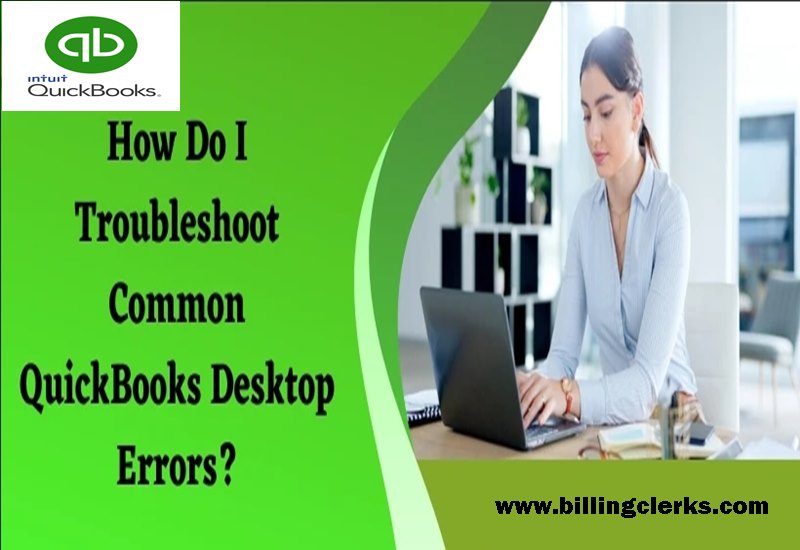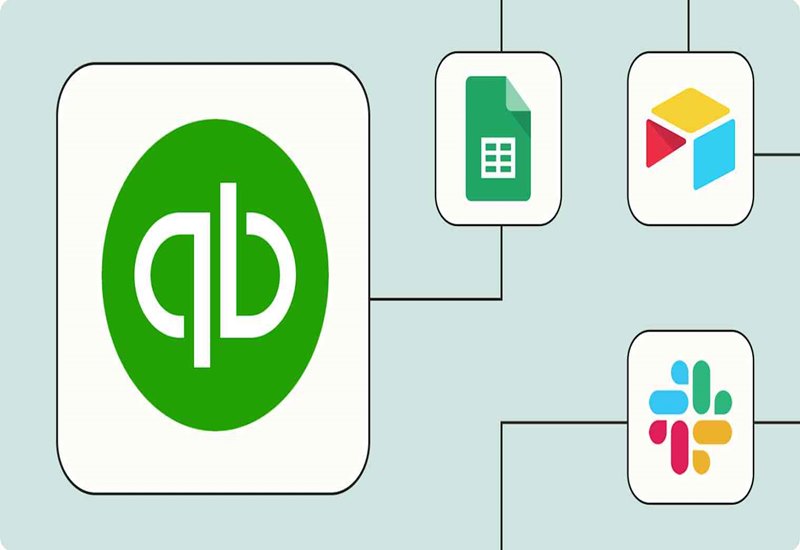Efficient billing management is essential for maintaining a steady cash flow, ensuring customer satisfaction, and driving overall business success. This guide explores the billing process, provides best practices for managing invoices, and highlights the benefits of leveraging professional billing services to streamline operations.
Overview of Billing Processes
Billing is a structured process that involves creating and sending invoices to clients or customers for goods and services rendered. A well-defined billing process typically includes the following steps:
- Service or Product Delivery: Billing starts with accurately documenting the goods or services provided to the client.
- Invoice Creation: A professional invoice includes key details such as:
- Client’s name and contact information
- Itemized list of services or products delivered
- Costs and applicable taxes
- Payment terms and due dates
- Invoice number for tracking
- Invoice Delivery: Businesses can send invoices via email, through specialized billing software, or as hard copies. Timely delivery is critical for ensuring on-time payments.
- Payment Collection: Payments are received through various methods, including bank transfers, credit cards, and digital wallets.
- Follow-up: For overdue invoices, follow-up reminders or automated notifications help ensure collections are completed.
An efficient billing process minimizes errors, improves cash flow, and strengthens client relationships.
Best Practices for Managing Invoices
Managing invoices effectively can prevent delays, inaccuracies, and disputes. Below are best practices to consider:
- Use Billing Software: Automation tools can help businesses create, send, and track invoices more efficiently. Many billing platforms also integrate with accounting software for seamless financial management.
- Set Clear Payment Terms: Clearly define payment due dates, late fees, and accepted payment methods on each invoice. Transparency minimizes confusion and sets expectations for clients.
- Maintain Accurate Records: Keep a well-organized record of all invoices, payments, and communications with clients. This ensures easy retrieval for reference and simplifies audits.
- Personalize Invoices: Customizing invoices with the client’s name and a thank-you note adds a personal touch, which can enhance client relationships and encourage prompt payments.
- Implement a Follow-Up System: Develop a process for sending reminders to clients about upcoming or overdue payments. Many billing systems can automate this task to save time.
- Review Regularly: Periodically review your billing processes to identify inefficiencies or bottlenecks. Adjustments based on feedback and trends can improve the overall system.
Benefits of Professional Billing Services
Outsourcing billing services to a professional team can offer significant advantages, particularly for businesses looking to scale or streamline operations.
- Improved Accuracy: Professionals ensure invoices are error-free, reducing the risk of disputes and delayed payments.
- Time Savings: Outsourcing frees up valuable time for business owners and staff to focus on core operations instead of administrative tasks.
- Enhanced Cash Flow: Professionals can manage follow-ups and implement efficient systems to reduce payment delays, leading to improved cash flow.
- Compliance and Security: Billing experts are well-versed in industry regulations, ensuring invoices comply with legal requirements. Additionally, they use secure systems to protect sensitive client data.
- Scalability: As businesses grow, managing billing internally can become overwhelming. Professional services scale alongside your business, ensuring operations run smoothly.
Conclusion
Efficient billing management is a crucial component of any successful business. By understanding the billing process, implementing best practices for invoice management, and considering professional billing services, companies can streamline operations, reduce errors, and enhance customer satisfaction.
Whether you’re a small business owner or managing a large enterprise, optimizing your billing system will contribute to your financial health and overall success.




